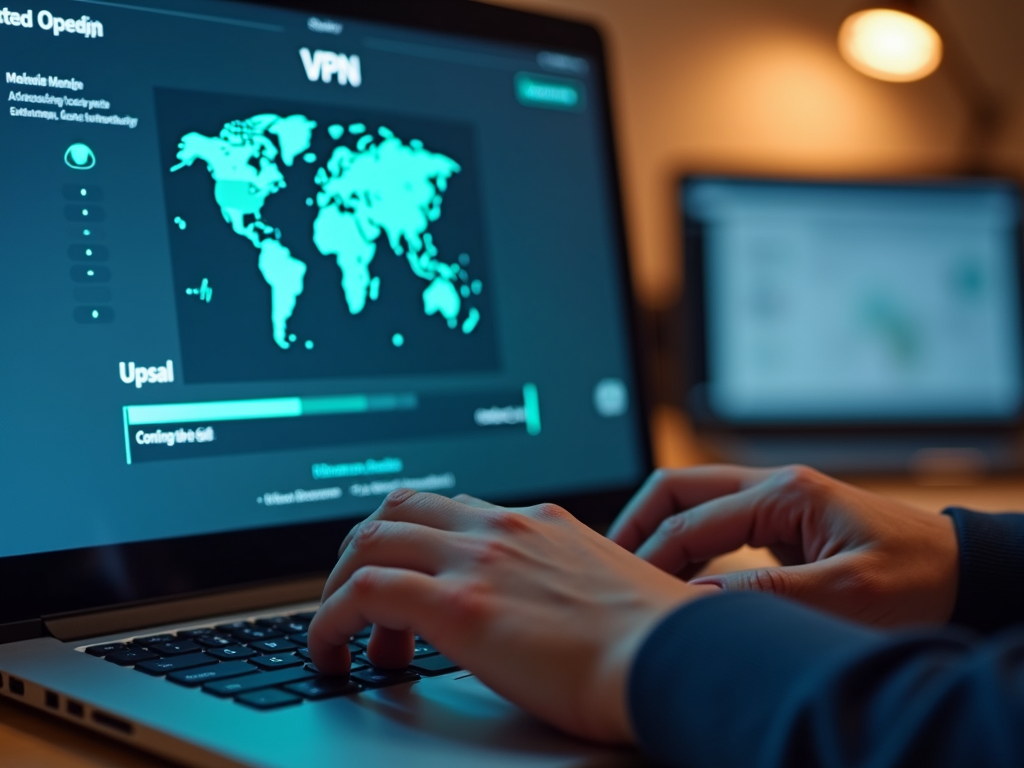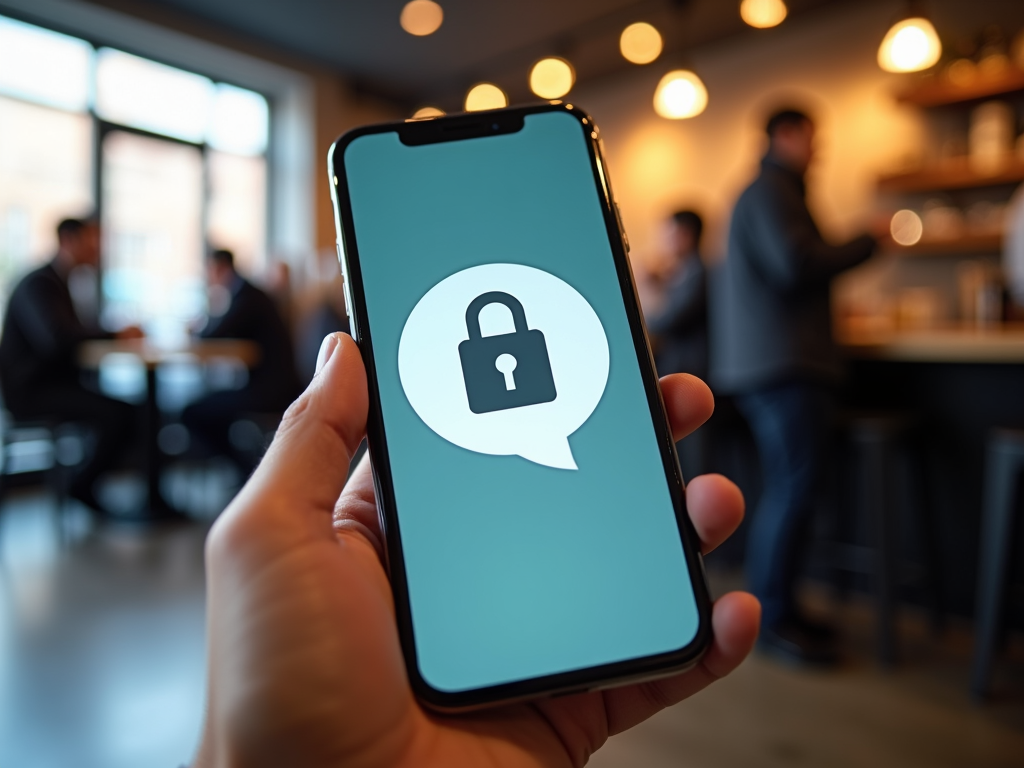How to Choose the Right Online Privacy Tools for Your Needs
Your online privacy matters more than ever. Data breaches and tracking are everywhere. This guide explains how to choose the right online privacy tools for your needs. You’ll learn about different tools, how they work, and how to pick the best ones for you.
Why Online Privacy Tools Are Essential
The internet is full of risks. Hackers, companies, and even governments might want your data. Online privacy tools protect you by keeping your information safe and your actions hidden. With the right tools, you can browse, chat, and shop without worry.

Types of Online Privacy Tools
Let’s break down the main online privacy tools you should know about: - VPNs (Virtual Private Networks): These hide your location and encrypt your internet. Great for public Wi-Fi. - Password Managers: They create and save strong passwords so you don’t have to remember them. - Encrypted Messaging Apps: Think Signal or WhatsApp—your chats stay private. - Privacy-Focused Browsers: Tools like Brave or Tor block ads and trackers for safer browsing.
Each tool does something different. VPNs are about your connection. Password managers handle your logins. Messaging apps secure your talks. Browsers stop snooping. Knowing this helps you decide what you need.

Step 1: Figure Out Your Privacy Needs
Not everyone needs the same tools. Ask yourself: - How much security do I need? If you handle private stuff—like work files—you’ll want stronger protection. - Am I okay with tech? Pick tools that match your comfort level. - What’s my budget? Free tools exist, but paid ones often offer more. - Will it work on my devices? Check if it runs on your phone or laptop.
For example, I travel a lot and use public Wi-Fi. A VPN is a must for me. But if you mostly chat with friends, an encrypted app might be your focus. It’s all about what fits your life.

Step 2: How to Choose the Right Tools
Here’s how to pick wisely: 1. Do Your Homework: Read reviews from trusted sites like PCMag’s VPN reviews to see what’s good. 2. Look for Proof: Tools audited by groups like the Electronic Frontier Foundation are safer bets. 3. Try Before You Buy: Use free trials to test them out. 4. Ask Around: Check forums like Reddit for real user opinions.
I once tried a VPN that sounded perfect but slowed my internet to a crawl. Testing it first saved me from a bad choice. Always see if it works for you before committing.

Features to Look For
When picking online privacy tools, focus on these: | Feature | Why It Matters | |------------------|------------------------------------| | Encryption | Keeps your data unreadable | | No-Logs Policy | Ensures your activity isn’t stored | | Speed | Avoids slowing you down | | User-Friendly | Makes it easy to stay safe | Check the tool’s website or reviews for these details.
A good tool balances all this. My password manager auto-fills logins and keeps them secure. It’s simple but powerful—exactly what I need daily.

Mistakes to Avoid
Don’t trip over these: - Free Isn’t Always Best: Free tools might sell your data instead. Read their policies. - Skipping Updates: Old versions can have security holes. Keep tools current. - Too Many Tools: Using five VPNs at once? That’s overkill and slows things down. I learned this the hard way with a free VPN that tracked me. Paid tools often respect your privacy more.
My Take on Privacy Tools
I’ve used these tools for years. A VPN saved me on a sketchy airport Wi-Fi once—my data stayed safe. But a clunky password manager? I ditched it fast. The best tools feel natural to use while keeping you protected.

Tools in Action
Here’s a quick look at popular options: - NordVPN: Fast, secure, and great for streaming. - LastPass: Easy password management. - Signal: Top-notch chat encryption. - Brave Browser: Blocks trackers without fuss. These are solid starting points based on my tests and research.
Extra Tips for Success
Combine tools smartly. I use a VPN with a privacy browser for double protection. Also, check Stanford’s privacy tips for more ideas. Little habits—like clearing cookies—boost your tools’ power.

Summary
Choosing the right online privacy tools for your needs takes some thought. Start with what you need most—security, simplicity, or both. Research, test, and pick tools that fit your life. With the right setup, you’ll feel safer online every day.